A RESPONSE TO JOE JAMES’ OP-ED —
By H.D. Stone, Contributing Writer
Ah, what is that sound? I believe I hear the sound of critical thought and debate. That’s right, and at small liberal arts college, nonetheless. In a brilliantly eloquent and articulate response to my Op-Ed piece, Joe James scathingly sublimates my argument into its more chemical elements; yet, I believe he focused on the narrower aspects, and even perhaps misconstrued some of them. He seems to focus in, particularly, on my discourse concerning our first amendment right to free speech, attempting to in some ways protect it.
On this point, I believe his argument will withstand any sort of critique; none of us will deny that we enjoy the right to voice our opinions freely with little fear of institutional persecution. Yet, his argument becomes somewhat perverse when he begins speaking of society’s “muddled” understanding of free speech; citing that Americans often confine its suppression to institutional censorship or intimidation. My question to Joe is this: Is it really confining?
If we go about meddling with the language of the Constitution; we will no doubt contribute, at least on some level, to its degeneration. While some may say that this would be good, I would perhaps doubt them on the basis that its purpose may be broader than we could ever imagine: protecting those long-heralded tenets of natural law, freedom, and equality. If we attempt to revise or reform the definition of its articles and amendments on the basis of power structures, the nature of our political thought may become so warped that we forget why we started in the first place: to add continuity to the aforementioned principles and escape tyranny.
This brings me to my next point concerning one of the recurring motifs of Mr. James’ article, that being this concept of social “power.” His argument seems to hinge not on any sort of principle or truth, but on the acquisition of this power which he believes some factions actively wield upon others. He sees Wofford as one large power structure, rather than an institution of high ideals that strives to equip students with tools they need to succeed as American citizens and virtuous people.
Courage, which many Americans hold as virtue, seems to be blind to this sort of “social power;” no matter if it leads to self-censorship in some cases or not. Mr. James intimates that many students choose not to voice their opinions because they may face negative externalities at Wofford. I choose to disagree—I think some would disapprove, but some might also approve, and others may even be swayed. In the end, it comes down to what the student values more: the underlying principles of their cause, or their social power. If I worried about negative externalities, we may not even be engaging in this debate right now; yet I didn’t. I knew there would be backlash, yet I chose to write the article because Wofford is more to me than just a power structure; it is home, and the same goes for America.
As Americans, we can pursue this “power” and forever be in an aimless struggle for it; or, on the other hand, we can seek to reintegrate the ideals we used to hold as self-evidently true back into our discourse and intellectual traditions, thus living rich lives as the founders intended. I know, I know; I will most likely be criticized for my veneration of the founders, yet like it or not, they gave us these great principles and believed in them enough to base the foundation of a whole nation upon them. And look at us now! Not many people would doubt the international pre-eminence of America or its foundational principles—the same principles used to justify the passage of the thirteenth amendment, the Civil Rights Act of 1964, the Voting Rights Act of 1965, and the rendering of the Brown v. Board of Education decision. If we abandon these principles in the pursuit of power, we may lose our national direction and our means for instituting this sort of meaningful change.
Thus, I arrive again at the crux and main aim of my previous article: that the only way to bring about meaningful change is through the education of Americans in this liberal arts tradition which fosters the sort of passionate ratiocination that led noble statesman to these sorts of ends. Abraham Lincoln studied not power, but the Bible and other classic texts; and even still, these proved sufficient sources of knowledge for a man who ruled in the face of rampant adversity, not only for himself but in regard to the fate of an entire people.
Do you see the trends? Virtue does not exist in us by nature; we can only achieve it through consistent practice and contemplation. Yet, if our educational institutions [in this context, Wofford] choose to revise their curriculums to meet the relativist needs of the levelling curriculums, our souls will, as previously asserted, descend into anarchy and aim not at truth, but at power. Yes, Joe, I concede that I inferred as to how this sort of ideology would manifest into an institutional policy; but I did not imagine. We see it playing out in the halls of the University of Missouri, in those of Yale and Brown, etc. They all sacrifice their ideals in the pursuit of these levelling curriculums in order to satisfy the demands of student’s protesters. I am simply trying to preliminarily hint at what may happen lest we be cautious.
Political Philosophy exists at the heart of these discussions; a discipline which aims to inquire into “what is best for man.” And call me an optimist, but the aimless factional pursuits of social power, along with a quest for radical egalitarianism do not seem to me sufficient resources upon which to draw truths which will act as what is best for man.
Conversely, I choose to believe in the grand vision of the founders; the vision of a nation where each can voice their own opinion without fear of institutional persecution, where each can participate politically if they so choose, and where each will possess universally the rights of liberty, equality, and the pursuit of happiness—fitting and noble principles upon which to base statecraft, perhaps even “the best.” So I end, again, with a call to action, not only to you, but to myself: always seek the truth; through education, through your deeds, and through your thoughts. If we do this consistently, we may be surprised at the results. Ultimately, I want to unify this campus so we can truly proceed with “Untarnished Honor” out into the world as one. So go out; have great Christmas breaks and come back in January energized and ready to learn. If these debates have taught us anything, it is the power of ideas and rhetoric. If we continue to pursue knowledge and truth, we can perhaps be the leaders that solve the problems which we so passionately speak about. Then, only then, can we call ourselves honorable.

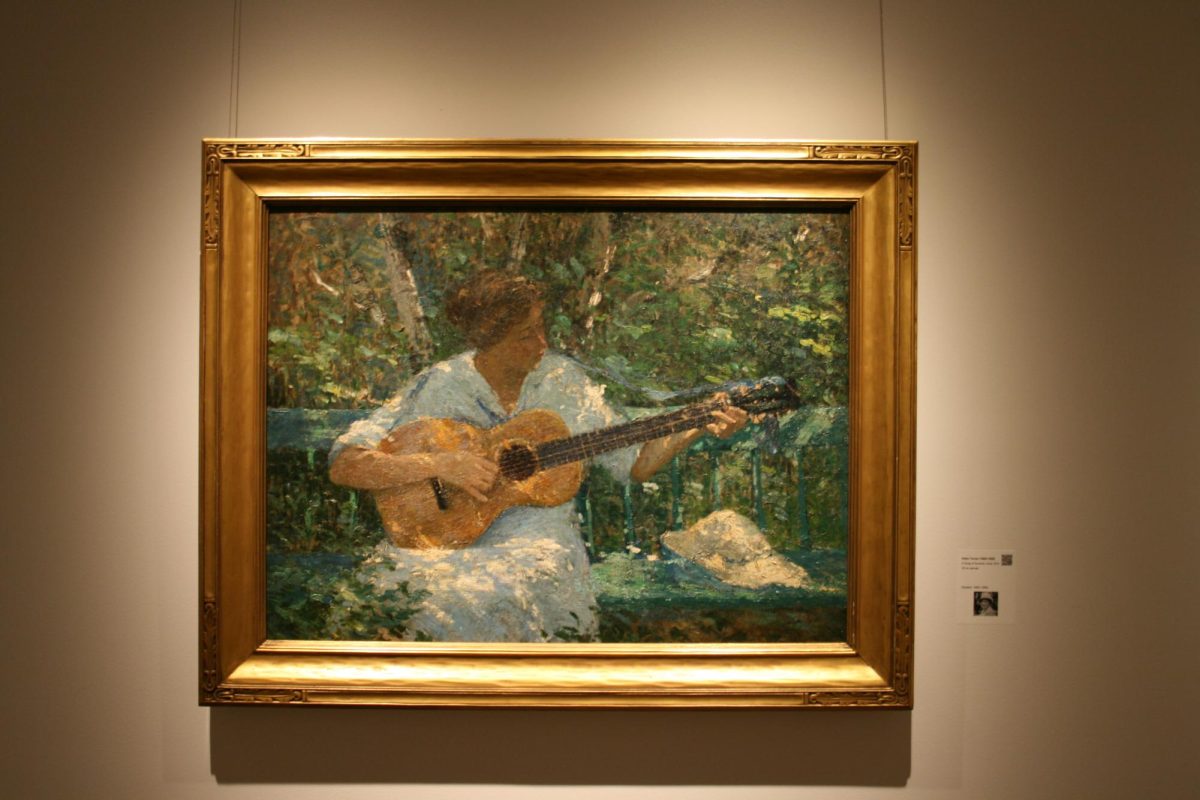
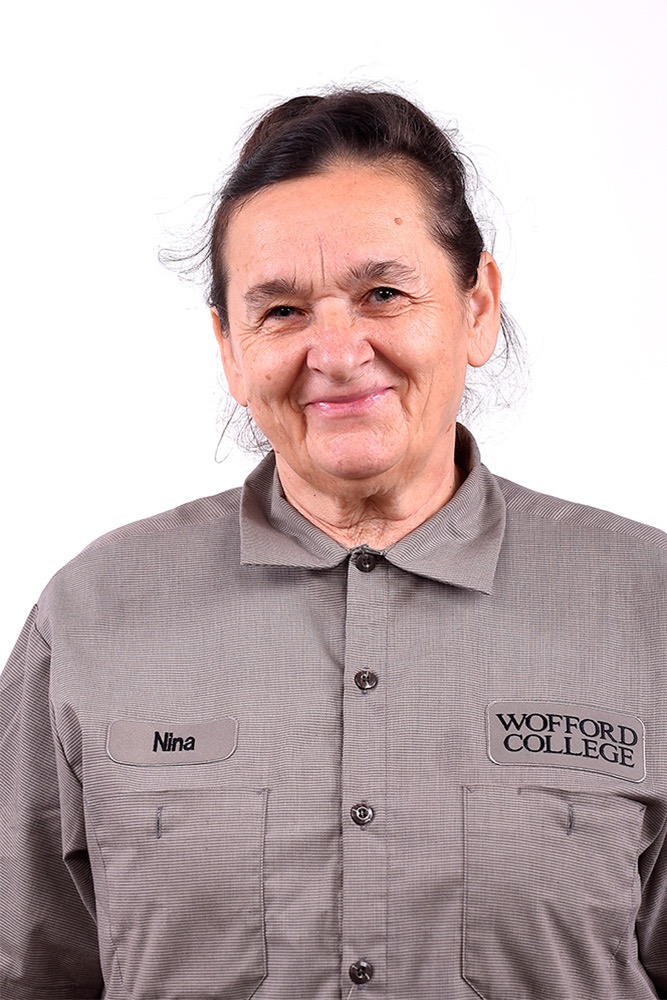
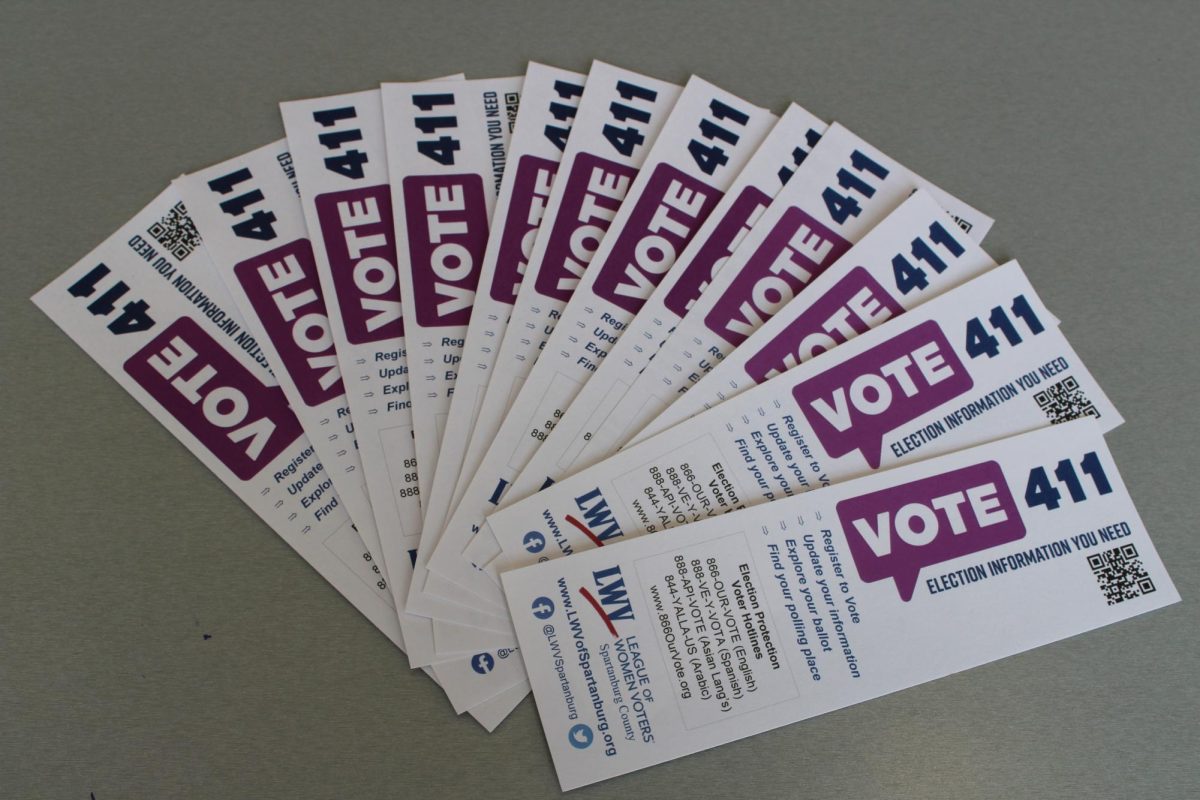
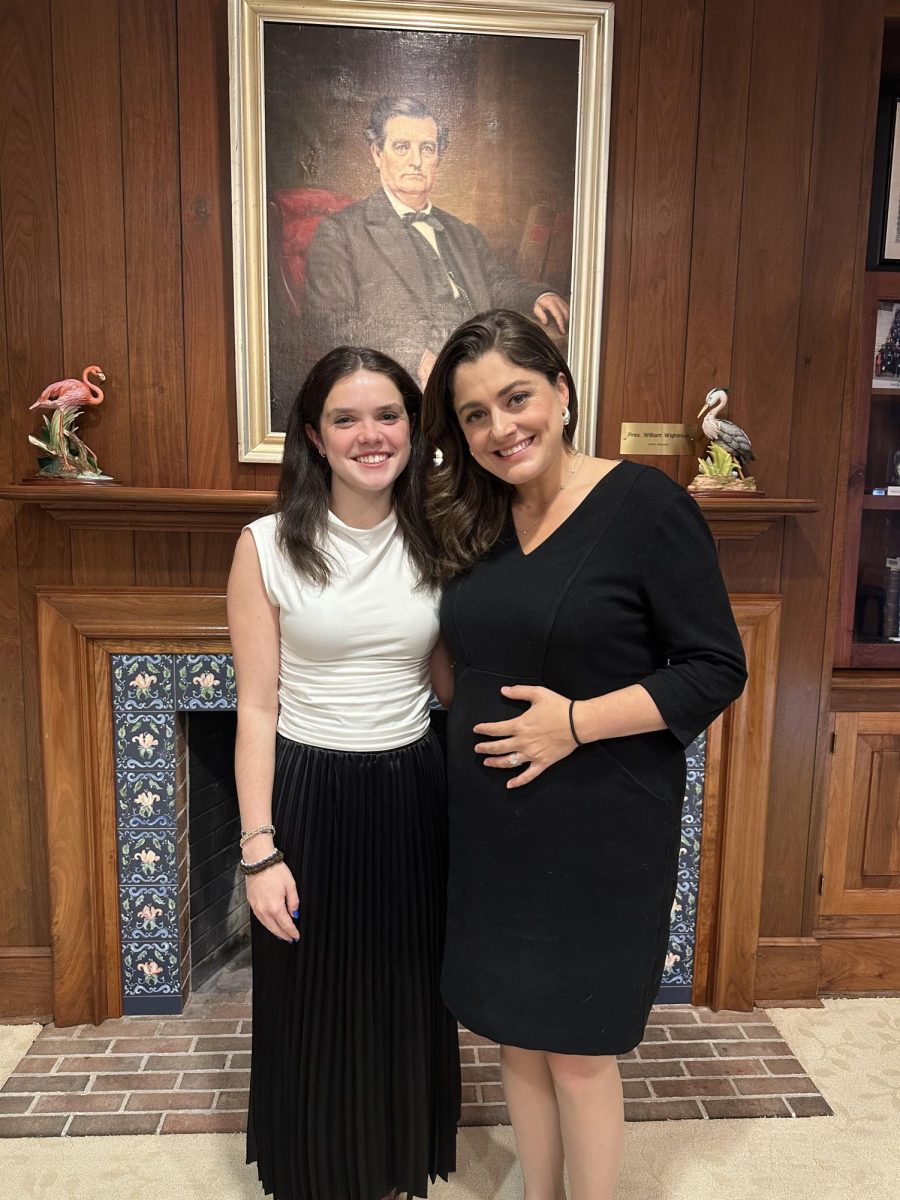



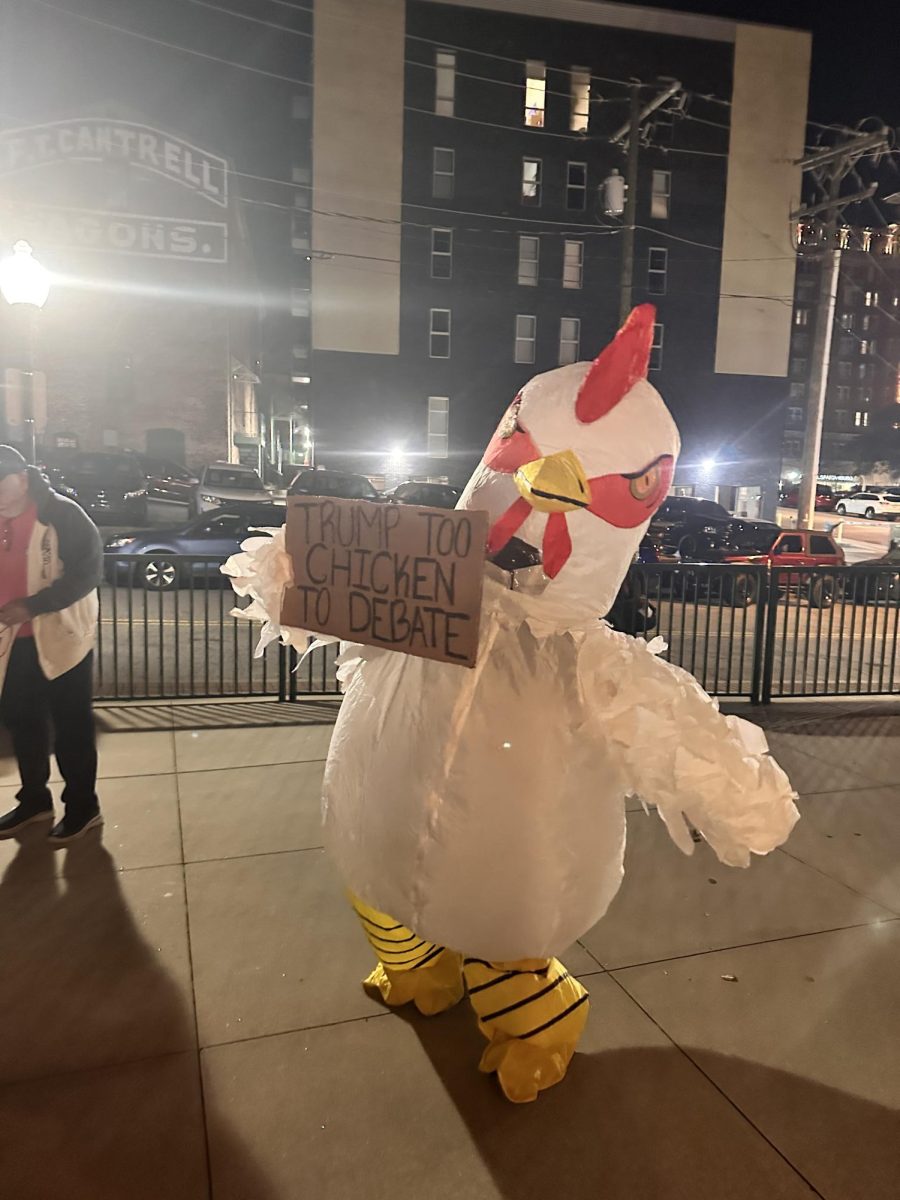
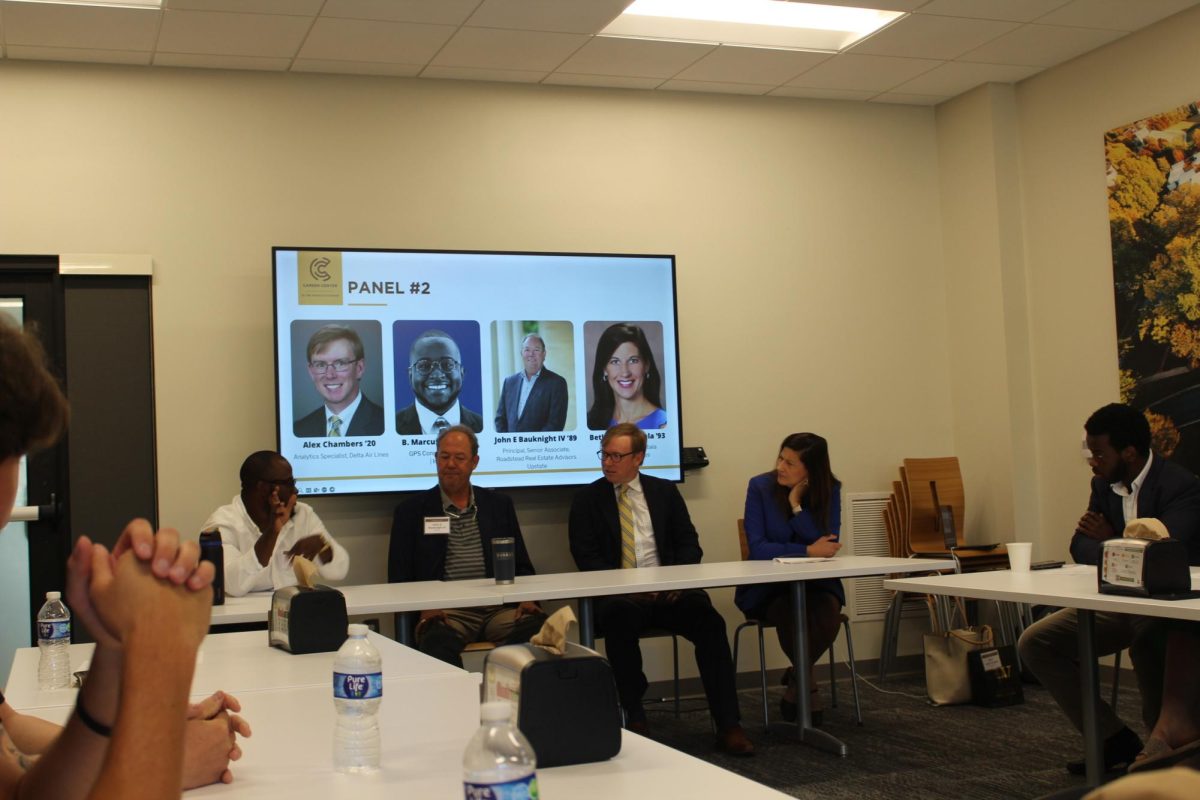






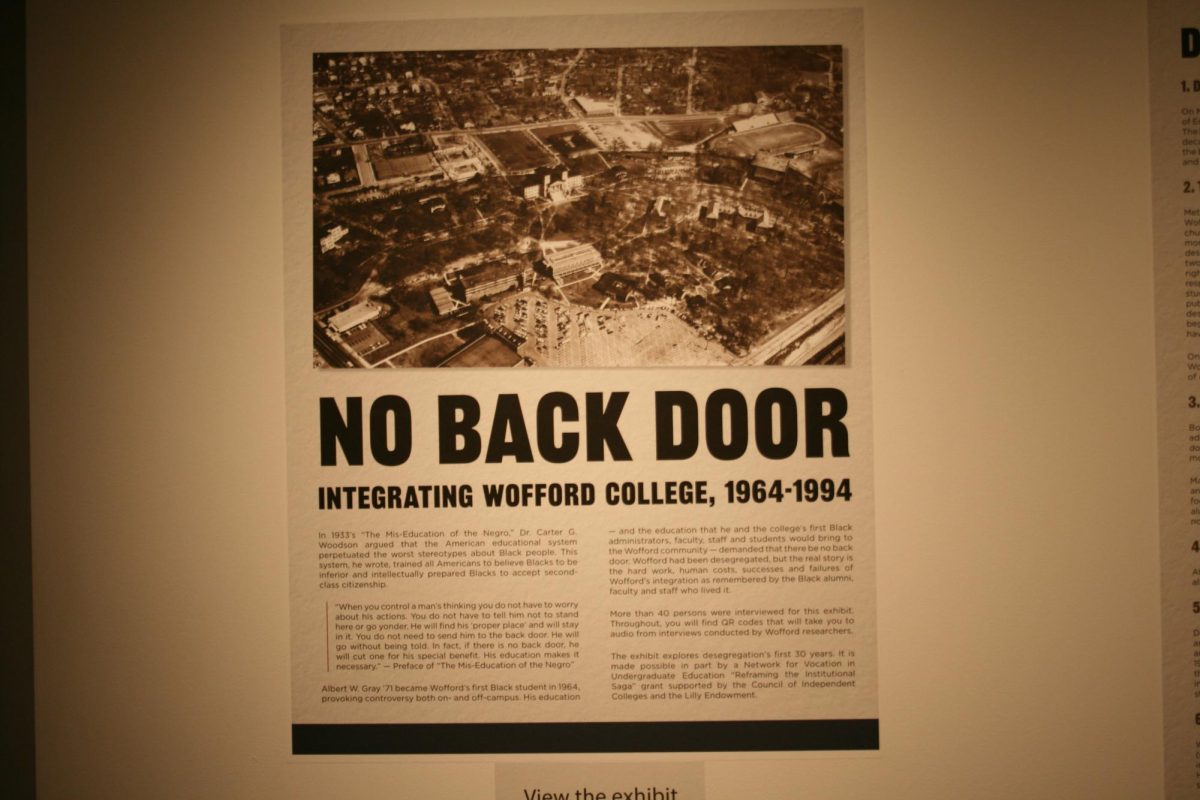

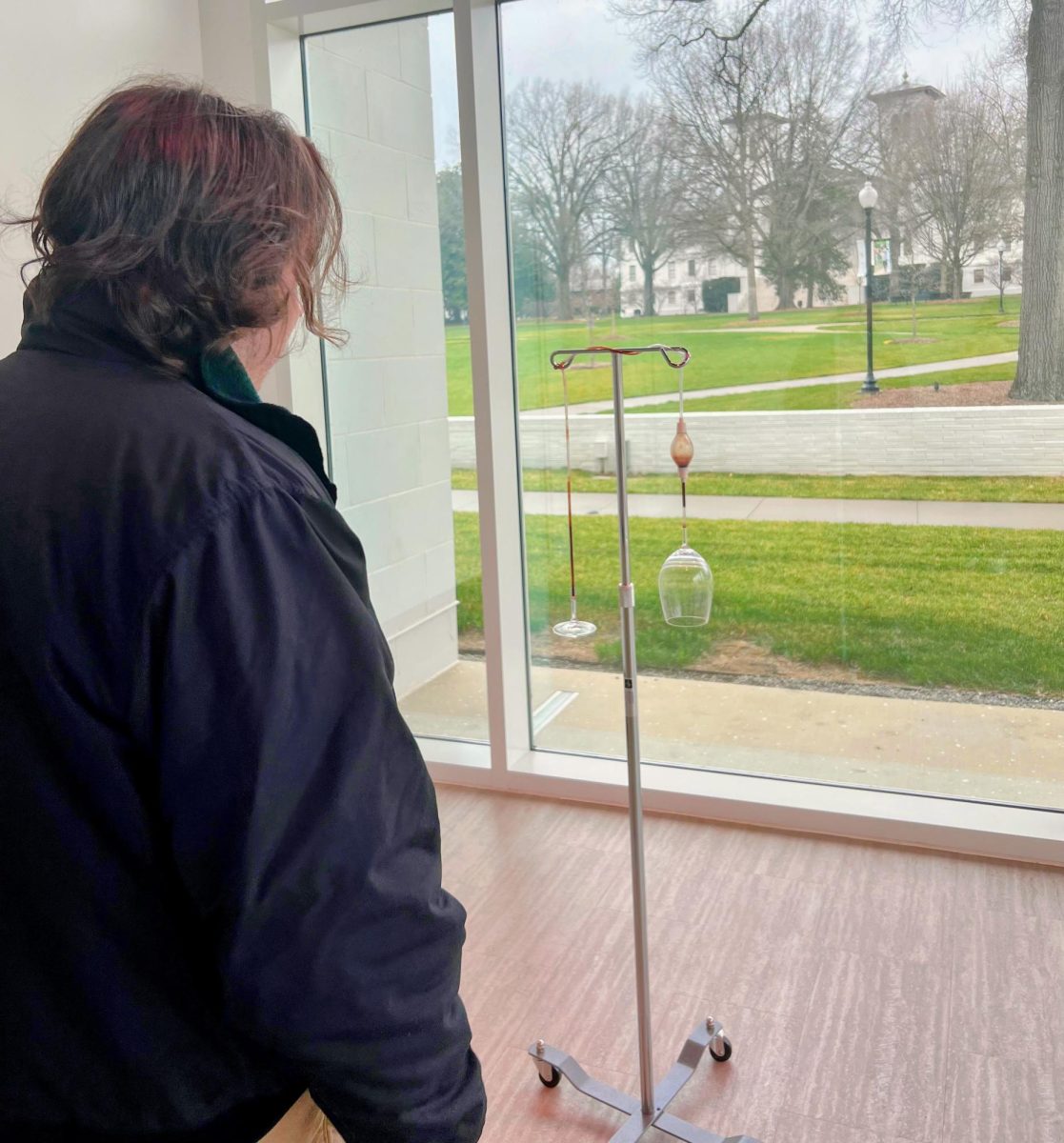








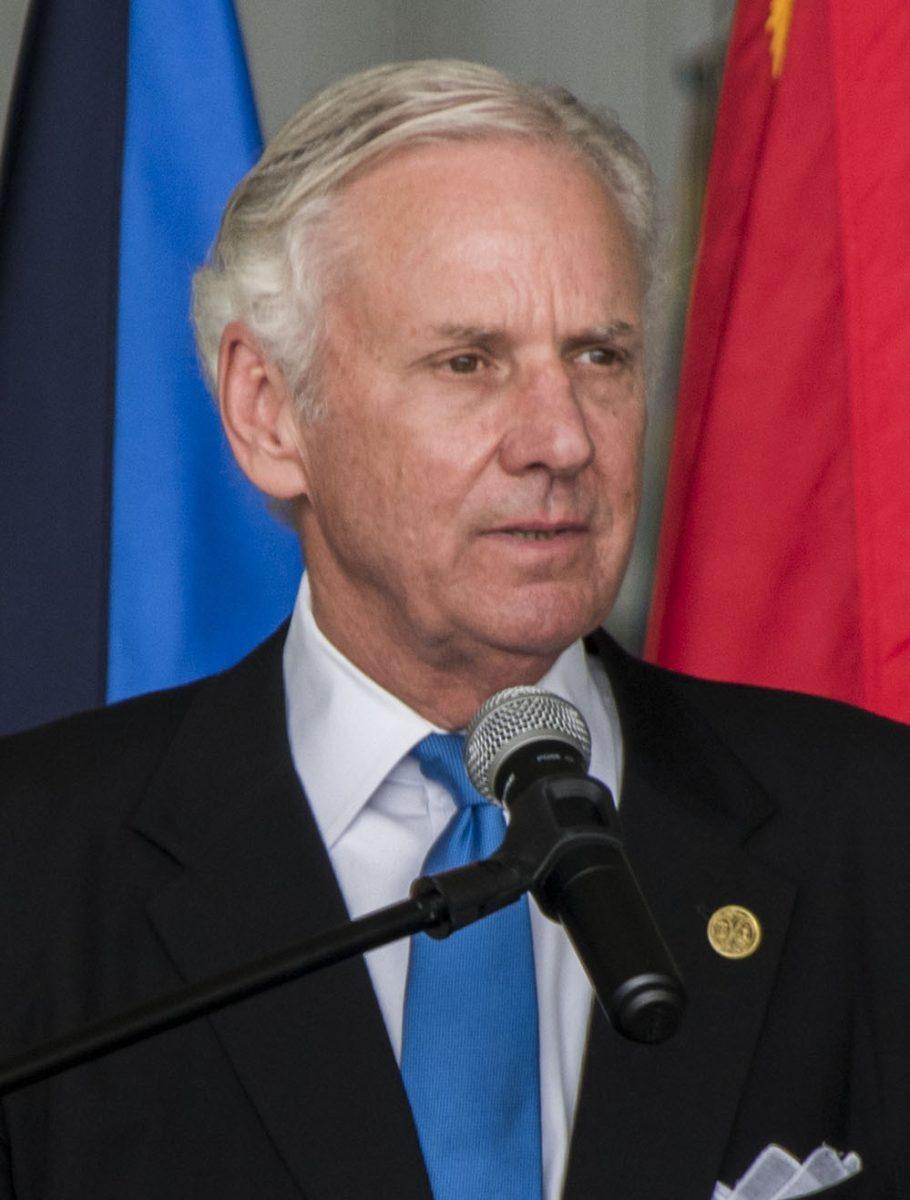
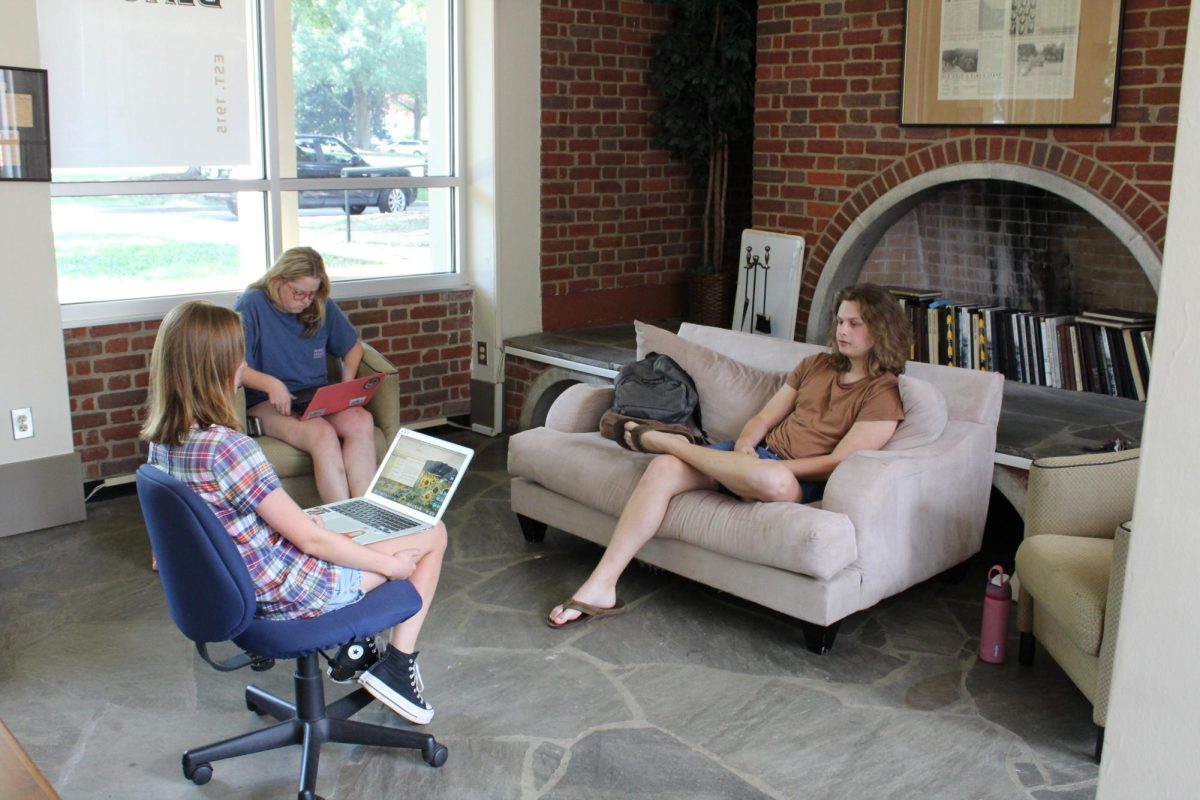
Daniil Veremchuk • Mar 29, 2016 at 6:16 pm
“Virtue does not exist in us by nature; we can only achieve it through consistent practice and contemplation”, you just matter-of-factly tried to answer a metaphysical question that’s been bugging philosophers for centuries. You, sir, are a buffoon! I can’t take this seriously simply because you expect your readers to take your word, as if what you said is established fact. Also, a little bit of advice for you (and Joe James), here’s a quote from Ernest Hemingway:
“Poor Faulkner. Does he really think big emotions come from big words? He thinks I don’t know the ten-dollar words. I know them all right. But there are older and simpler and better words, and those are the ones I use.”